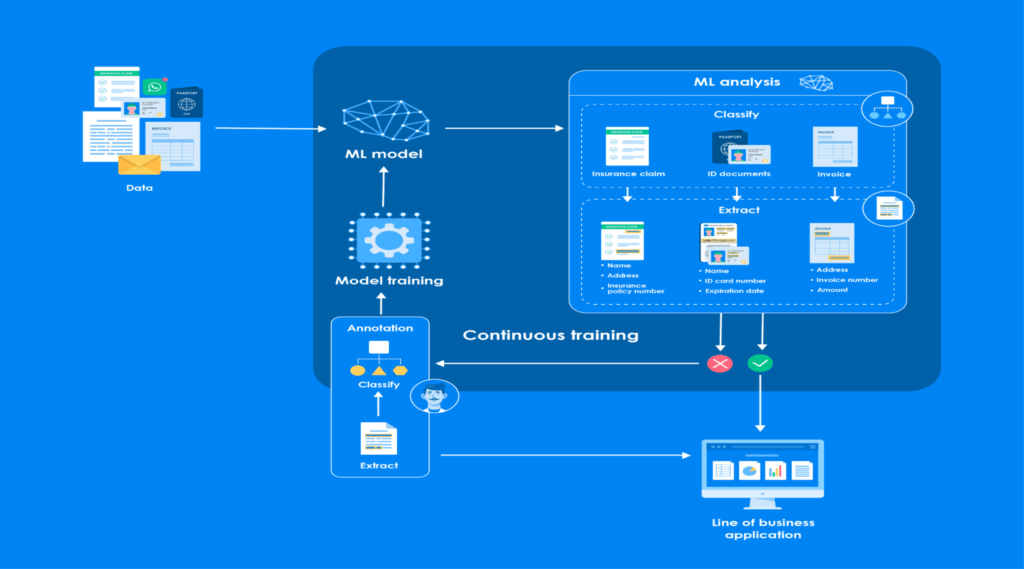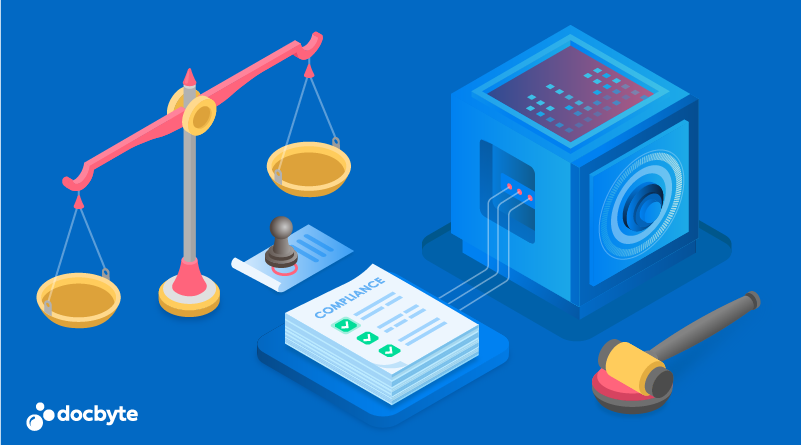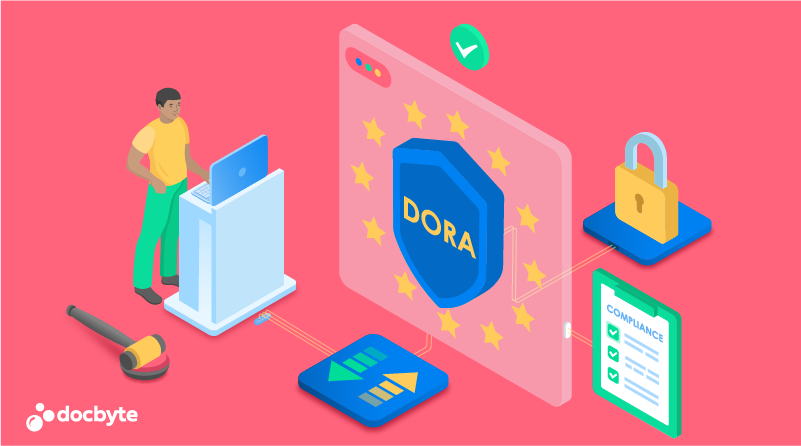Researchers, scientists, and other information workers need to find and use data (structured or unstructured) in their work, but often data or documents are stored in a way that they are difficult to access, understand, or use.
This can be due to a lack of metadata, poor organization, or incompatible formats, among other reasons, or simply a language issue. As a result, researchers, scientists and other information workers across industries face challenges in using data and collaborating across different domains.
Remember: Data (Unstructured or Structured) without context is just data. It needs context to become information.
Sharing and reuse of information is important because it can lead to new discoveries and insights that would not be possible otherwise. By making data more accessible and interoperable, researchers and scientists can collaborate more easily, share data across different domains, and build on each other’s work. This can help to accelerate scientific progress, improve data quality, and reduce the cost of data production.
Another example could be eliminating fraud in financial transactions or providing better healthcare.
FAIR Principles
To address these challenges, the FAIR principles were developed. The FAIR principles are a set of guidelines that aim to make data more accessible, reusable, and interoperable. The principles are designed to ensure that data can be used and understood by as many people as possible, regardless of their location, discipline, or language.
Findable
Means that data should be easy to find, regardless of where it is stored. To achieve this, data should be given a persistent identifier, such as a DOI (digital object identifier), and metadata should be created to describe the data, including information such as the title, author, date of creation, and description of the data.
Accessible
Means that data should be easily accessible to anyone who wants to use it. This can be achieved by storing data in a publicly accessible repository or by providing access to the data through a web service or API.
Interoperable
Means that data should be able to be used with different tools and software, regardless of where the data is stored. To achieve this, data should be stored in a format that is widely used and well-documented, and metadata should be created to describe the structure and meaning of the data.
Reusable
Means that data should be able to be used for different purposes, beyond the original intended use. This can be achieved by providing clear licensing information, and ensuring that the data is well-documented and can be easily understood by others.
Data Interoperability and Qualified Electronic Archiving
The FAIR principles are closely related to data interoperability and digital archiving. Interoperability is the ability of different systems, tools, and data sources to work together seamlessly. By making data more interoperable, the FAIR principles can help to ensure that data can be used across different domains and scientific disciplines, without the need for complex data integration and processing.
Digital Preservation or Qualified Electronic Archiving refers to the process of preserving data for long-term use, so that it can be accessed and reused in the future. The FAIR principles can help to ensure that data is archived in a way that is sustainable and easy to maintain, and that it can be easily found and accessed by others.
By following these principles, information workers can ensure that their work becomes more more valuable, and can be used to support a wide range of research activities, including data mining, machine learning, and other advanced analytical methods.






